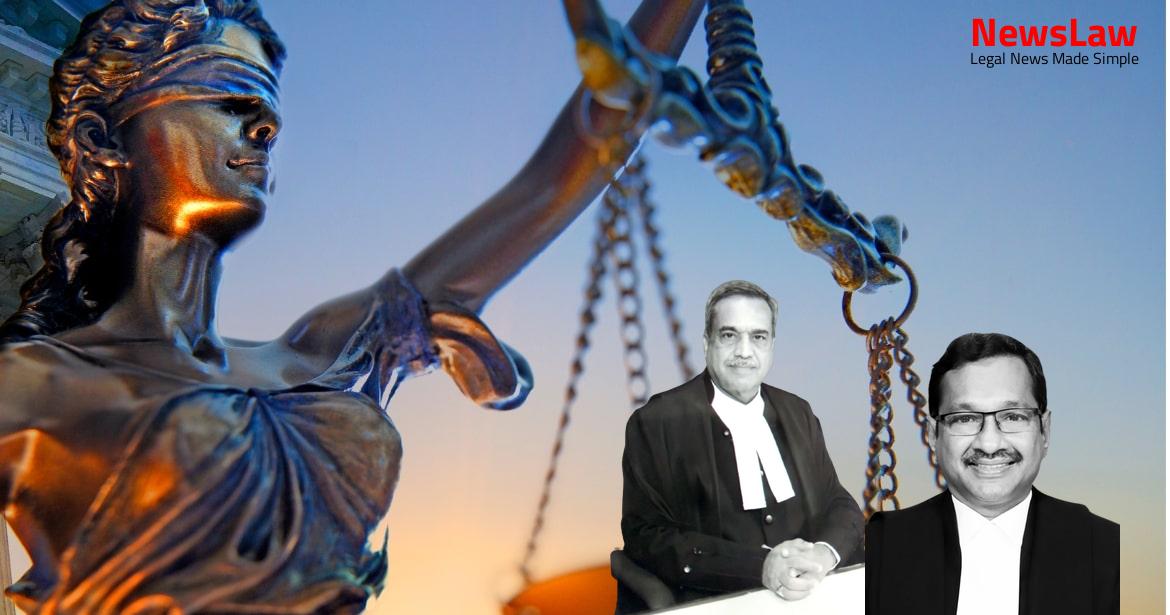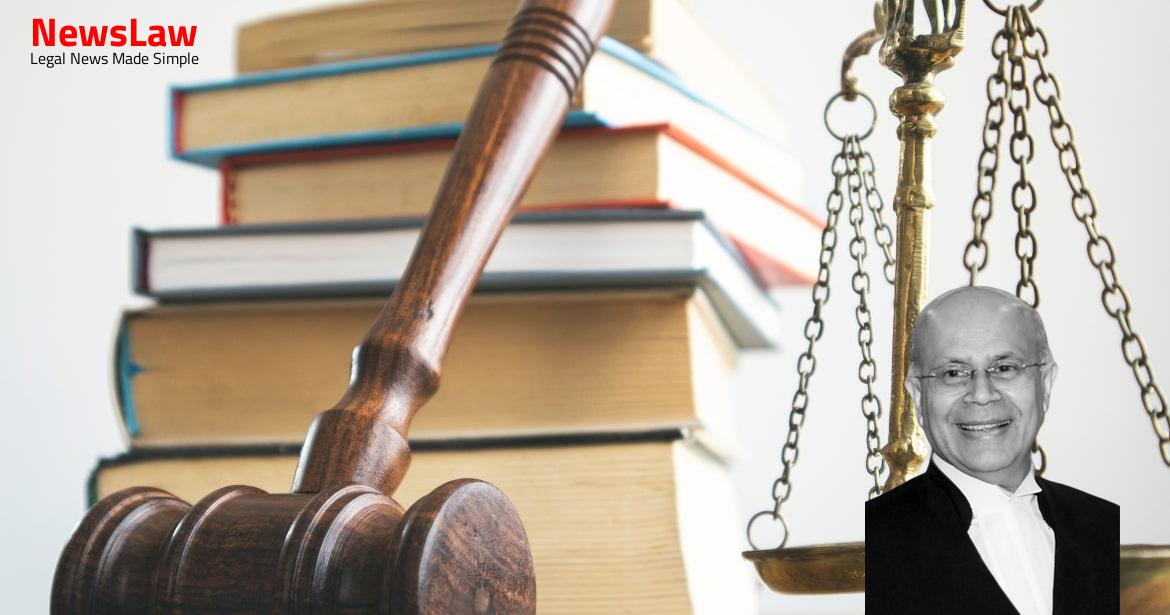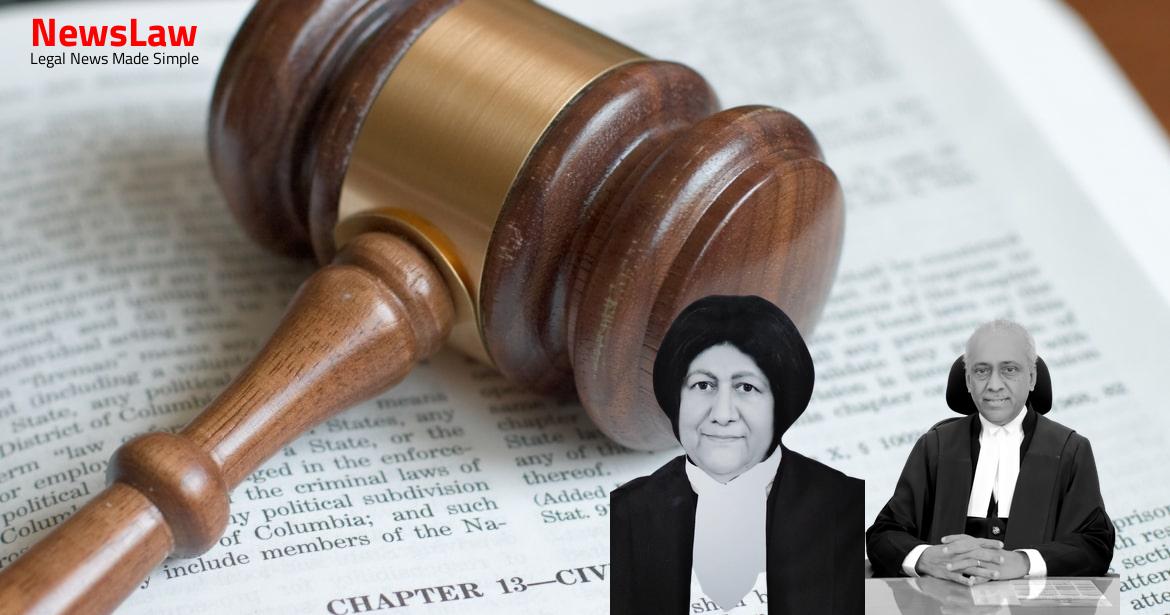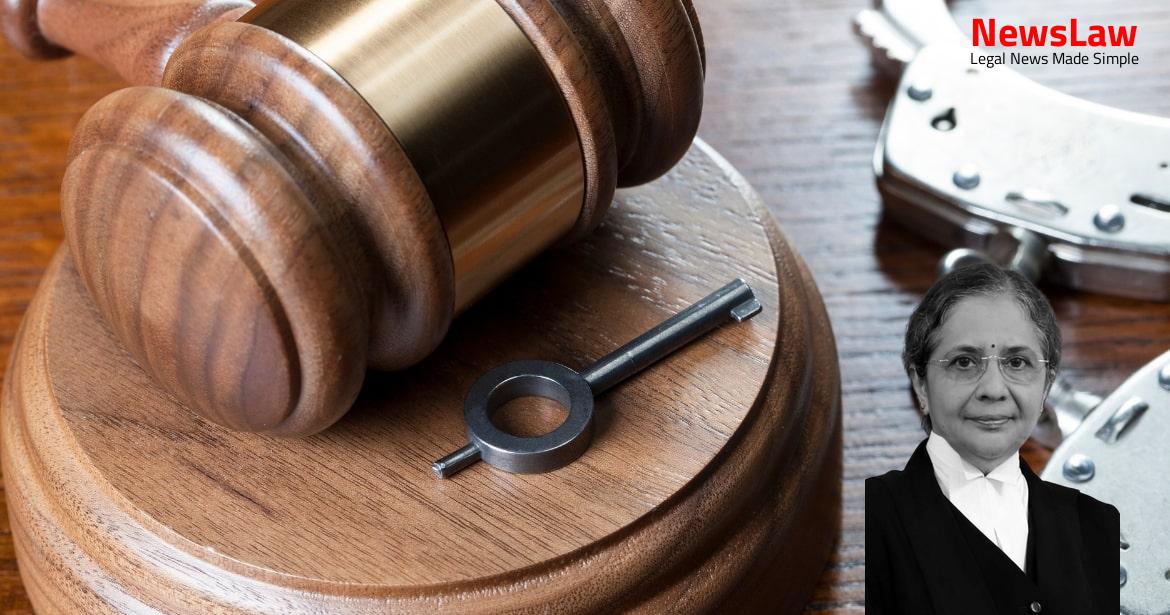Delve into the detailed legal analysis of a case involving admission irregularities in educational institutions. This blog highlights the significance of adhering to prescribed rules and procedures for admissions, emphasizing the implications of bypassing established protocols. Gain insights into the court’s rigorous assessment of the situation and its ruling on maintaining the integrity of admission processes in academic institutions.
Facts
- Three seats remained unallotted after mop up round of counselling.
- One seat remained vacant in Chhattisgarh Dental College and two seats in Rungta College.
- A total of 46 vacant seats were available across five colleges, with 43 seats allotted to students.
- In the mop up round, New Horizon College, Maitri College, and Rungta College were allotted seats from their available vacancies.
- 43 candidates appeared for mop up round of counselling, including the original writ petitioners.
- The Directorate sent a list of 30 students for the three remaining vacant seats to the respective Dental Colleges based on merit.
- The original writ petitioners were not included in the list of candidates sent by the Directorate.
- Some students allotted seats after mop up round did not join, leaving some seats vacant by 31.05.2018.
- The three colleges unilaterally granted admission to the original writ petitioners without informing the Directorate about the vacant seats.
- The colleges later informed the Directorate about filling the vacant seats after admitting the original writ petitioners.
- On 6.6.2018, the Directorate cancelled the admissions of the original writ petitioners due to the illegal admissions made by the colleges.
- The Directorate notified vacant seats, including those in the three colleges, to be filled in mop up round of counselling.
- The admissions in the Postgraduate Course in Dental Sciences were to be made through counselling by the State Government.
- New Horizon College, Maitri College, and Rungta College intimated the number of seats to be included in the mop up round.
- The High Court allowed the writ petitions by quashing the communication dated 6.6.2018.
- The High Court directed that the respective writ petitioners be allowed to complete their course.
- The High Court observed that there may have been a vacuum in the directive or rules which was exploited by the colleges in question.
- Interim protection was granted to the petitioners based on a strong prima facie case in their favor.
- The Court held in favor of the petitioners for continuation of their education in the respective colleges.
Also Read: Quashing of Enhanced Tuition Fee in Private Medical Colleges
Arguments
- The High Court erred in allowing the original writ petitions to complete their course
- The communication dated 6.6.2018 annulling the admission of the private respondents was wrongly quashed by the High Court
- The original writ petitioners were admitted to private institutions illegally, bypassing policies and procedures
- State Government/Directorate promptly acted to cancel the illegal admissions upon discovery
- Private institutions granted admissions without informing the State Government/Directorate about vacant seats
- Admissions were supposed to be done only through counselling by the Directorate
- Citing relevant court decisions, it is requested to allow the appeals and not allow the original writ petitioners to continue their course
- The State and Dental Council of India support quashing the High Court’s decision on illegal admissions.
- Private institutions argue that vacant seats were filled before the deadline to prevent wastage.
- Petitioners request permission to complete their course as they have already finished it.
- The Dental Council of India argues against admissions based solely on vacant seats, emphasizing the importance of merit.
- Citing the case of Dr. Astha Goel v. The Medical Counselling Committee, it is mentioned that deadlines for admissions cannot be extended even if seats are vacant.
- Both sides’ arguments have been heard extensively during the proceedings.
Also Read: Final Decision and Disclosure in Collegium Meetings
Analysis
- The institutions granted admissions illegally without intimating the Directorate/state government about vacant seats.
- Admissions were supposed to be done only through counseling by the Directorate based on merit.
- The prayer to continue the course or declare results for the admitted students was rejected outright as their admissions were illegal.
- Extending the admission schedule would defeat the purpose of the fixed time schedule and the established regime.
- Granting admissions after the specified deadline was impermissible.
- The plea that seats would have remained vacant and gone to waste does not justify the illegal admissions.
- The practice of allowing endless rounds of counseling until all seats are filled up is not sustainable.
- Non-clinical seats often go vacant as many graduate doctors prefer clinical subjects for postgraduation.
- The institutions did not inform the Directorate/state government about the vacant seats as required.
- During the mop-up counseling, the original writ petitioners could not secure admission on merit in the respective colleges/institutions.
- Granting them admissions after the specified deadline perpetuated the illegality.
- The original writ petitioners did not secure admission on merit through the mop-up round conducted by the Directorate which raises questions about their merit.
- Rules strictly prohibit granting concessions based on sympathy or emotional grounds.
- Court holds that allowing mid-term admissions can create awkward and difficult situations and goes against the spirit of statutes governing medical education.
- Previous decisions by the Court emphasize the importance of not altering established schemes for admissions or academic matters.
- Misplaced sympathies should not override established rules and regulations in academic decisions.
- Court discourages the practice of permitting students to pursue studies under interim orders based on misplaced sympathy.
- Admissions cannot be granted without considering the eligibility of the candidates, and decisions taken at the interlocutory stage cannot be deferred or postponed to avoid complications.
- Court emphasizes the importance of achieving broad equality in educational opportunities over mathematical exactitude when dealing with admissions.
- Undue sympathy towards students who got admissions illegally may perpetuate illegality.
- Giving premium to such students is not justified.
- The High Court’s direction to admit the original writ petitioners and cancel the annulment of their admissions is unsustainable.
- The judgement and order of the High Court are quashed and set aside.
Also Read: Quashing of High Court Order in Nagpur Metro Rail Corporation v. Tourism Corporation Case
Decision
- Original writ petitions dismissed
- Communication dated 6.6.2018 annulling/cancelling admission restored
- Admission of original writ petitioners in postgraduate course in private institutions/colleges cancelled
- Writ petitions stand dismissed
Case Title: DENTAL COUNCIL OF INDIA Vs. SAILENDRA SHARMA (2022 INSC 1136)
Case Number: C.A. No.-007611-007611 / 2022



